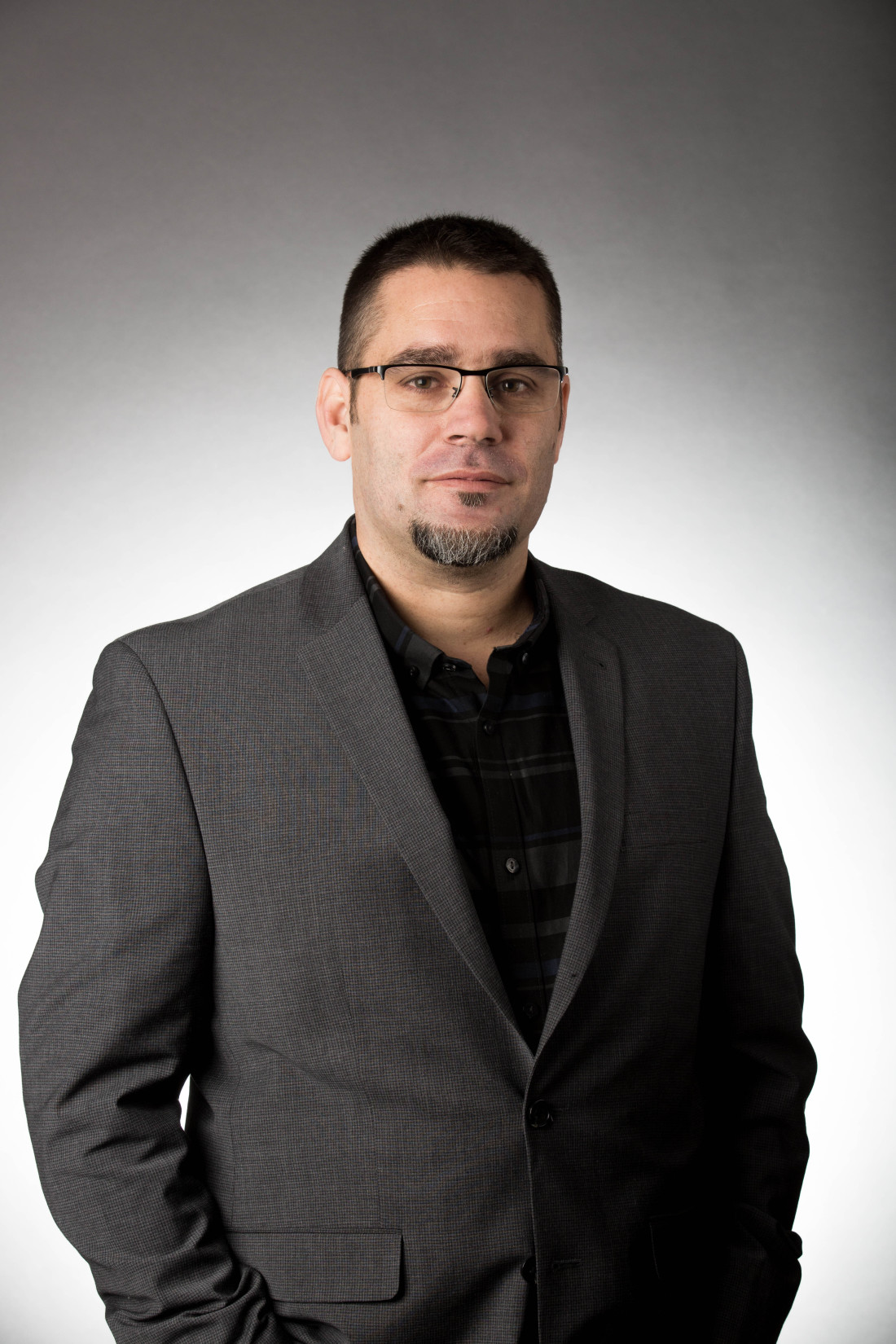Press release from UNC Asheville:
Trey Adcock, UNC Asheville assistant professor of interdisciplinary studies who also directs the university’s American Indian & Indigenous Studies Program, has won a $50,000 Whiting Public Engagement Fellowship – one of only seven awarded nationally in 2018.
With this fellowship funding, Adcock, an enrolled member of the Cherokee Nation, will lead a project to record the history of the Snowbird Day School, which was attended during its history by an estimated 550 Cherokee children in Western North Carolina before closing in 1963. The school had its roots in Quaker-led initiatives in the late 19th century but was eventually controlled by the Bureau of Indian Affairs. A central tenet of the school was to assimilate Indian youth into white, Anglophone culture. Only 80 out of its students are still living, and one teacher, age 93, still survives.
Adcock and his students will collect and preserve oral histories, mainly in the Cherokee language, while also digitizing photographs and other historical materials in partnership with the Eastern Band of Cherokee Indians (EBCI). The EBCI tribal council unanimously passed a resolution in support of this project and has expressed an interest in expanding it to include other day schools that operated in the broader Cherokee community. As a collaborative, tribal-led initiative, Tuti Tsunadelogwasdi Uninohelv (Stories of the Snowbird Day School) will bring Cherokee communities together to reflect on their history, document the experience of cultural transition, and contribute to the preservation of their language.
“We never walk alone and this project exemplifies this. It has taken a team of folks to get to this point and I am just honored to be a part of it,” says Adcock. “It’s humbling to be recognized by the Whiting Foundation and to be among so many other great scholars. Funding from this fellowship will go toward supporting UNCA students to be a part of the project, which I am excited about, to help interview community members, design a digital gallery that will host the project and design a multi-media based traveling exhibition. The exhibit will travel across WNC at various venues before being donated into the permanent collection of the Junaluska Museum in the Tuti yi community near Robbinsville, N.C.”
“Trey Adcock has done a wonderful job creating learning opportunities for our students and the community in indigenous studies while helping grow the university’s relationship with native peoples in our region and beyond,” said UNC Asheville Interim Chancellor Joe Urgo. “Trey was instrumental in the new agreement between UNC Asheville and the United South and Eastern Tribes (USET) that will bring citizens of the 26 USET-member tribal nations to our campus as students. Trey works continuously to bring additional tribal experience and expertise to our campus as we expand our minor in American Indian and Indigenous Studies and our Cherokee language program. The greater Asheville community benefits from the many public events he organizes.”
Public events from UNC Asheville’s American Indian and Indigenous Studies program include Cherokee stickball demonstrations, concerts, lectures, exhibitions, and more. The next speaker in this series will be Sarah Sunshine Manning, a Shoshone-Paiute educator and journalist whose free public talk, We Are the Earth, We Are the Land, takes place at noon on Thursday, March 8, in Karpen Hall, Laurel Forum.
Stories of the Snowbird Day School is one of seven different public-facing projects across the country to receive $50,000 grants in 2018 as part of the Whiting Public Engagement Fellowship program, which celebrates and supports faculty in the humanities who embrace public engagement as part of the scholarly vocation. Ten more projects are receiving $5,000 planning grants as part of a new aspect of the Whiting Foundation Public Engagement program. For more information, visit https://www.whiting.org/ humanities/public-engagement- fellowship/fellows.
For more information about UNC Asheville’s American Indian and Indigenous Studies Program, visit https://ist.unca.edu/american- indian-and-indigenous-studies- aiis or contact Trey Adcock at ladcock1@unca.edu.




Before you comment
The comments section is here to provide a platform for civil dialogue on the issues we face together as a local community. Xpress is committed to offering this platform for all voices, but when the tone of the discussion gets nasty or strays off topic, we believe many people choose not to participate. Xpress editors are determined to moderate comments to ensure a constructive interchange is maintained. All comments judged not to be in keeping with the spirit of civil discourse will be removed and repeat violators will be banned. See here for our terms of service. Thank you for being part of this effort to promote respectful discussion.